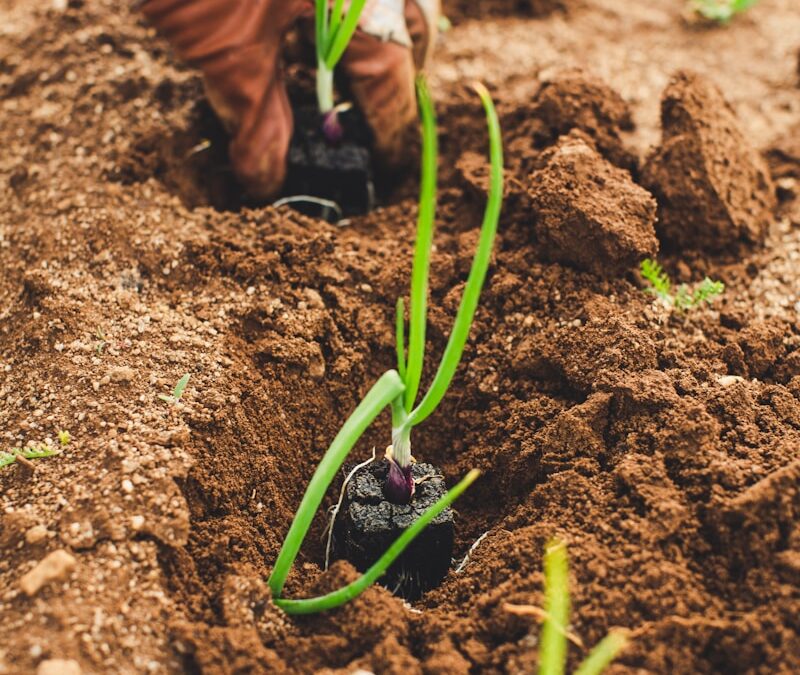Empowering Sustainable Development through Technology in the Heart of the Middle East
Smart Farms and Parks in Saudi Arabia are spearheading a revolutionary approach to agriculture and urban park management, integrating cutting-edge technologies to boost efficiency and sustainability.
Transforming Agriculture with IoT and AI
Internet of Things (IoT) and Artificial Intelligence (AI) are transforming Saudi Arabian agriculture into highly efficient, productive smart farms. These technologies enable real-time monitoring and control of environmental conditions, drastically reducing water usage and maximizing crop yields. For example, smart irrigation systems use sensors to determine soil moisture levels and automatically adjust watering schedules based on real-time data. AI algorithms analyze weather forecasts and plant health to optimize resource use, ensuring sustainable farming practices that align with Saudi Arabia’s Vision 2030 environmental goals.
Revolutionizing Park Management with Smart Technologies
Connected parks in Saudi Arabia utilize IoT, AI, and Blockchain to enhance visitor experiences and streamline park management. These smart parks employ IoT sensors to monitor park ecosystems and track wildlife, supporting biodiversity conservation efforts. AI-powered systems provide maintenance alerts and manage resource allocation efficiently, preserving natural beauty while accommodating public enjoyment. Additionally, Blockchain technology ensures transparent and secure transactions for park services, fostering a safe and enjoyable environment for families and tourists alike.
Enhancing Biodiversity Conservation through Advanced Data Analytics
Advanced data analytics are crucial for biodiversity conservation in Saudi Arabia’s parks. By collecting extensive data on local flora and fauna, AI systems can predict environmental changes and help park authorities take proactive measures to protect endangered species. These smart solutions enable continuous monitoring and rapid response capabilities, ensuring that Saudi Arabia can maintain its natural heritage while advancing towards a greener future.
Innovating Sustainable Practices in Agricultural Operations
Saudi Arabia’s smart farms are not just about technology; they are about building a sustainable future. Precision agriculture practices reduce the ecological footprint by minimizing chemical use and optimizing planting cycles. This approach not only conserves resources but also ensures that agricultural output is safe and sustainable. The integration of smart technologies in farming operations exemplifies Saudi Arabia’s commitment to innovative solutions for environmental sustainability and economic resilience.
Building Smart Infrastructure for Environmental Monitoring
Smart infrastructure is key to the success of connected parks and smart farms. In Saudi Arabia, this includes sophisticated sensor networks and data centers that process vast amounts of environmental data. These facilities provide critical insights that help manage and protect natural landscapes and agricultural areas, promoting sustainability and resilience against climate change. Through these technologies, Saudi Arabia is setting a benchmark for environmental management and smart infrastructure development worldwide.
Driving Economic Growth through Smart Agriculture and Park Management
By adopting smart technologies in agriculture and park management, Saudi Arabia is not only enhancing environmental sustainability but also boosting its economic growth. These sectors attract investments in technology and tourism, creating new job opportunities and enhancing the quality of life for its citizens. The successful implementation of these projects contributes to achieving the ambitious goals set in Vision 2030, positioning Saudi Arabia as a leader in smart, sustainable development.
Empowering Water Conservation through Smart Irrigation Systems
In addition to optimizing crop yields, smart irrigation systems in Saudi Arabian smart farms play a crucial role in water conservation. By precisely delivering water to crops based on real-time data and plant requirements, these systems minimize water wastage and contribute to sustainable water management practices. Through the integration of IoT and AI, farmers can accurately track water usage, identify leaks or inefficiencies, and adjust irrigation schedules accordingly, ensuring that every drop counts towards Saudi Arabia’s efforts to conserve precious water resources.
Fostering Community Engagement and Education
Smart parks in Saudi Arabia serve not only as recreational spaces but also as hubs for community engagement and education on environmental conservation. Through interactive displays, educational programs, and guided tours, visitors are informed about the importance of biodiversity, sustainable practices, and the role of technology in preserving natural ecosystems. By fostering a deeper understanding and appreciation for the environment, these initiatives inspire individuals to take action towards building a more sustainable future for generations to come.
Collaborative Innovation for Sustainable Development Goals
The advancement of smart agriculture and connected parks in Saudi Arabia reflects a collaborative effort between government entities, private sectors, and academic institutions to achieve sustainable development goals. Through partnerships and knowledge-sharing initiatives, stakeholders exchange expertise, resources, and best practices to drive innovation and scale up sustainable solutions. By harnessing the collective intelligence and resources of diverse stakeholders, Saudi Arabia is accelerating its progress towards a more resilient, inclusive, and environmentally sustainable future.
#SmartAgriculture, #ConnectedParks, #Vision2030, #SustainableDevelopment, #IoT, #AI, #Blockchain, #SaudiInnovation, #EnvironmentalSustainability, #SmartFarming, #Biodiversity











